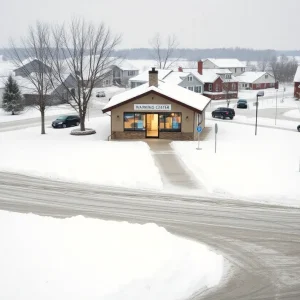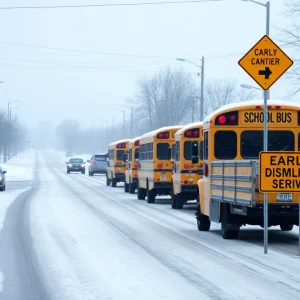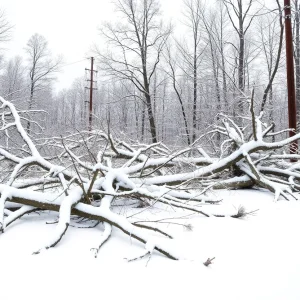A swamped Wilmington tries to dry out as the tropics stay busy
In a typical August, Wilmington receives just over 8 inches of rain. In just the past week, thanks to Tropical Storm Debby, Wilmington International Airport has seen nearly 11 inches. Other parts of the Cape Fear region have received upward of 15 inches of rain thanks to Debby’s daily deluges. But we’re not even halfway through the month.
Streets Flooded, Rivers Rising
With all of Southeastern North Carolina water logged, waterways full, some streets still flooded and closed, and rivers continuing to rise as the heavy precipitation from inland areas makes its way to the coast, flooding and standing water are likely to remain a concern across the region for days. Plus, there’s the potential for more rain in the next week.
The Tropics Stir up More Trouble
But what has emergency officials really worried is what’s brewing in the tropics − and where it might go. The National Hurricane Center is keeping an eye on several tropical waves that are moving across the Atlantic Ocean. The one closest to the Caribbean had a 70% chance of developing into a tropical depression by Tuesday and a 90% chance of becoming another storm by the end of the week. If it strengthens more, it would become Tropical Storm Ernesto.
The Potential Storm’s Direction
Where the system will go in the coming days is still to be determined, although most models show it veering away from the U.S. coast as it approaches the Bahamas. Still, depending on how big and strong the storm eventually is, that could mean at the least more heavy rain and strong winds − which could easily topple trees due to the soggy ground conditions − to areas still drying out from Debby.
The Tumultuous Past and the Worrisome Future
For some, the idea of a one-two punch of tropical weather systems hitting the Cape Fear region could trigger flashbacks to 1999, when Hurricane Dennis drenched the Wilmington area two weeks before Hurricane Floyd barreled ashore and devastated much of Eastern North Carolina.
NOAA’s Forecast
Last week, as part of its regular mid-season review, forecasters from NOAA’s Climate Prediction Center increased the number of expected named storms to 17-24, of which 8-13 could become hurricanes, including 4-7 major hurricanes (Category 3 or stronger).
Why the Increase in Tropical Activity?
Several factors are fueling the forecasted increase in tropical activity. These include:
- Warmer-than-average sea surface temperatures in the tropical Atlantic and Caribbean.
- Reduced vertical wind shear.
- Weaker tropical Atlantic trade winds.
- Enhanced west African monsoon.
- Less dry Saharan Desert air blowing into the Atlantic, which helps prevent tropical storm development.
- Ongoing impacts of climate change, such as warming air and water temperatures.
- Developing La Niña conditions.
Beware of the Lingering Impacts of Debby
Despite all eyes watching the brewing troubles in the tropics, officials are warning residents about the ongoing hazards from Debby. That includes slowly flowing walls of water that can quickly submerge roads and neighborhoods with little warning. Besides that, “real” heat conditions are also predicted to reach triple-stature figures this weekend.




























